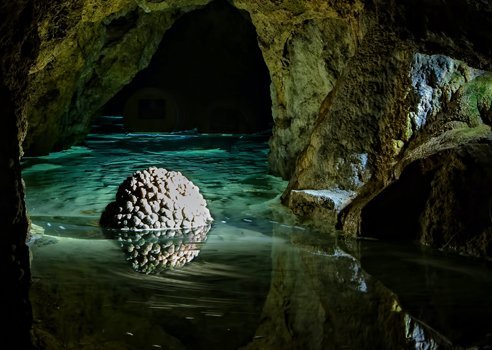Reading time: Less than 1 minute
Increase your vocabulary and you’ll make your writing much more precise. That’s why I provide a word of the week. Today’s word: calcareous…
I’ve been captivated by the very fine writing of Stefan Hertmans.
The Belgian writer and head of a study centre at University College Ghent is the author of six novels, including The Convert, which I found to be a rich and sophisticated piece of historical fiction about a pair of star-crossed lovers from the 11th century.
This book has also given me several words-of-the-week. The most recent is calcareous. Here is how Hertmans used it.
I reach the lonely Plateau d’Albion, site of the mysterious avens, pits in the calcareous rock so unfathomable that if you toss in a stone you’ll never hear it land.
One of my uncles was a geologist but he lived on another continent, and that was the closest I’ve ever come to the study of rock. As a result, I had no idea what the term calcareous meant.
My dictionary tells me that it refers to rock composed of or containing calcium carbonate, calcium, or limestone. In other words, it is chalky. (While I favour authors who use precise and specific words, in this case, I think the simpler term chalky might have been the better choice.)
Use of the word dates back to the 1670s, and it originates from the Latin calcarius, meaning “of lime, pertaining to lime,” from the root word calx meaning “lime, limestone” The word chalk comes from the same root.
The picture at the top of this post shows a calcareous deposit.


